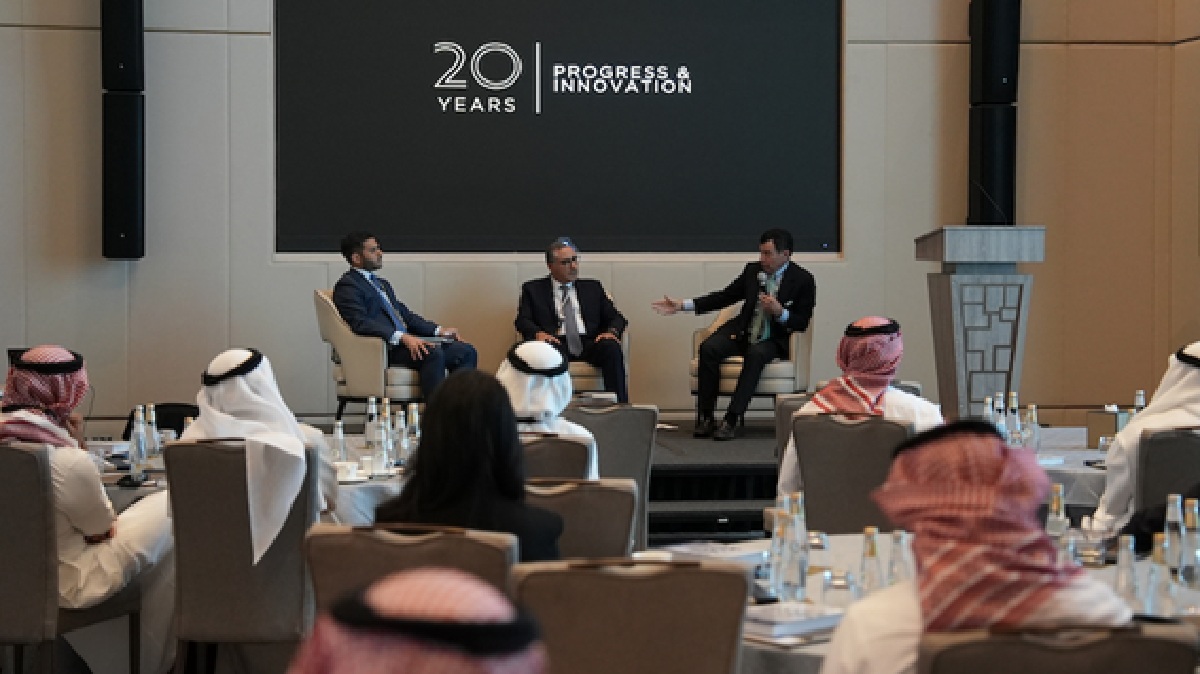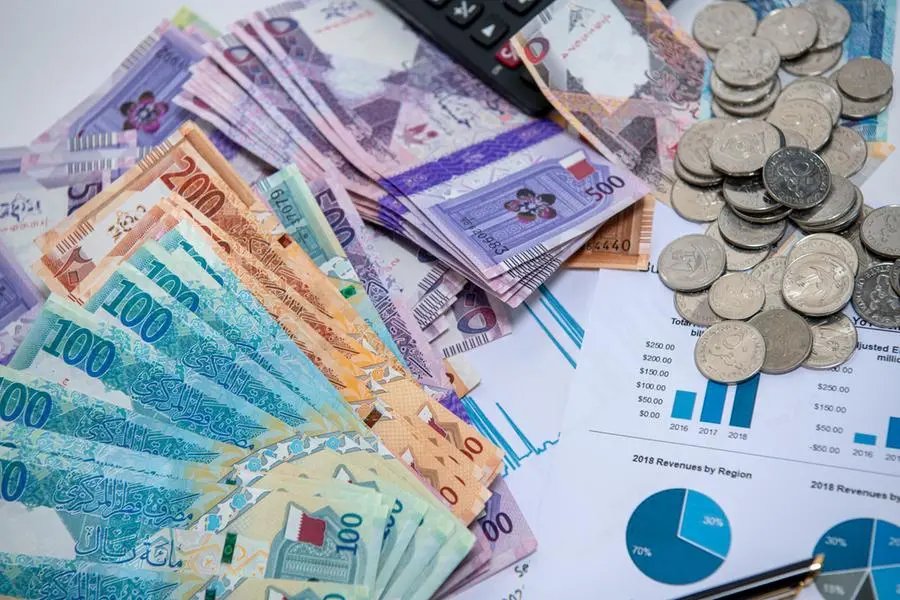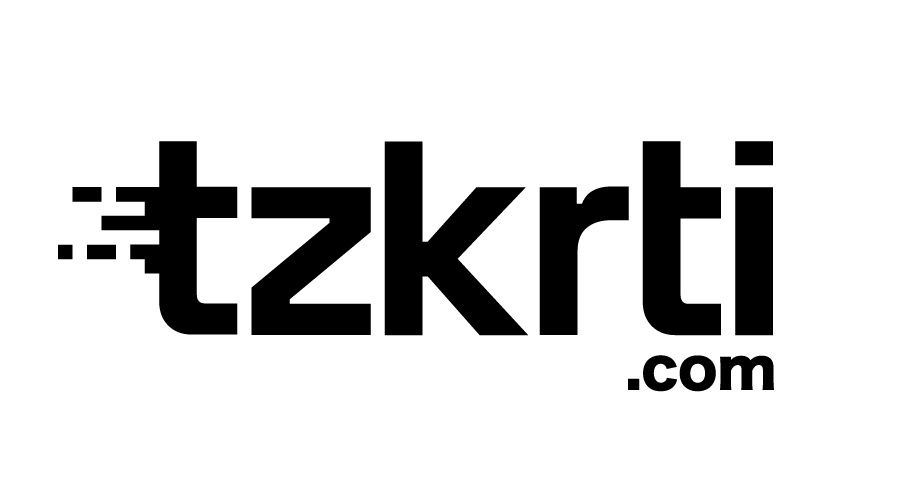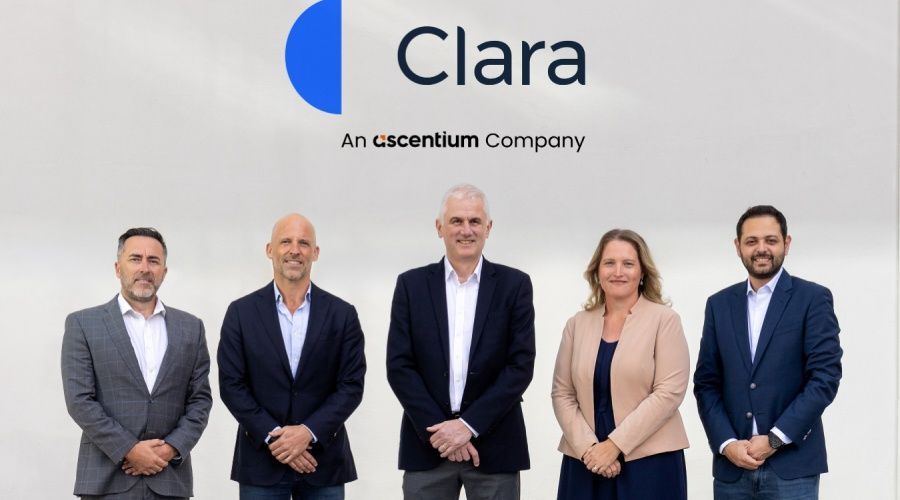Kuwait has unveiled an ambitious strategic roadmap aimed at achieving carbon neutrality by 2060. This long-term commitment underscores the nation’s dedication to environmental stewardship and economic diversification, aligning closely with its broader Vision 2035 for a sustainable and prosperous future. The comprehensive plan involves significant investments in renewable energy, sustainable infrastructure, and advanced green technologies, positioning Kuwait as a key player in the regional and global sustainability agenda.
A Core Pillar of Vision 2035
Kuwait’s journey towards carbon neutrality is intrinsically linked to its “New Kuwait 2035” vision, which emphasizes economic diversification away from its traditional oil-based economy, fostering a more sustainable environment, and enhancing the quality of life for its citizens. The 2060 target for net-zero emissions serves as a critical long-term objective, driving policy formulation and investment decisions across various sectors.
Driving Green Initiatives and Innovation
To realize its ambitious goals, Kuwait is actively pursuing a portfolio of green initiatives. A major focus is on scaling up renewable energy production, particularly solar power, to reduce reliance on fossil fuels for electricity generation. Furthermore, significant attention is being given to waste management, with plans for waste-to-energy projects that transform municipal solid waste into valuable energy sources, simultaneously addressing environmental concerns and contributing to the energy mix. Efforts also include exploring and implementing carbon capture, utilization, and storage (CCUS) technologies to mitigate emissions from industrial processes. These initiatives are designed not only to meet climate targets but also to foster innovation and create new economic opportunities within the green sector.
Fostering Investment and Collaboration for a Sustainable Future
The Kuwait Direct Investment Promotion Authority (KDIPA) plays a pivotal role in attracting and facilitating investments into these strategic sustainability projects. By promoting a favorable investment climate and offering incentives, KDIPA seeks to draw in international expertise and private sector capital, crucial for developing the necessary infrastructure and technological advancements. International collaboration, knowledge exchange, and partnerships with global leaders in renewable energy and green technology are also key components of Kuwait’s strategy, ensuring access to cutting-edge solutions and best practices. This collaborative approach highlights Kuwait’s recognition that achieving such a transformative goal requires collective effort from both public and private entities, locally and internationally.
About Kuwait’s Sustainability Drive
Kuwait’s commitment to sustainability extends beyond climate targets, encompassing broader environmental protection, resource efficiency, and urban planning. The nation is dedicated to integrating sustainable practices across all sectors, from energy and industry to water and agriculture. This holistic approach is guided by national development plans and international commitments, aiming to build a resilient economy and a healthier environment for future generations, while also diversifying its economy and fostering a knowledge-based society.
Looking Ahead
Kuwait’s long-term vision for carbon neutrality by 2060 sets a powerful precedent for energy-rich nations in the MENA region. This strategic pivot presents immense opportunities for technological innovation, green job creation, and sustainable economic growth. The ongoing initiatives are expected to stimulate significant investment in clean technologies, digital solutions for energy management, and smart infrastructure, making Kuwait an increasingly attractive hub for startups and established companies operating in the cleantech and sustainability sectors within the MENA tech landscape. The success of these endeavors will not only contribute to global climate action but also cement Kuwait’s position as a forward-thinking economy.
Source: Fast Company Middle East














